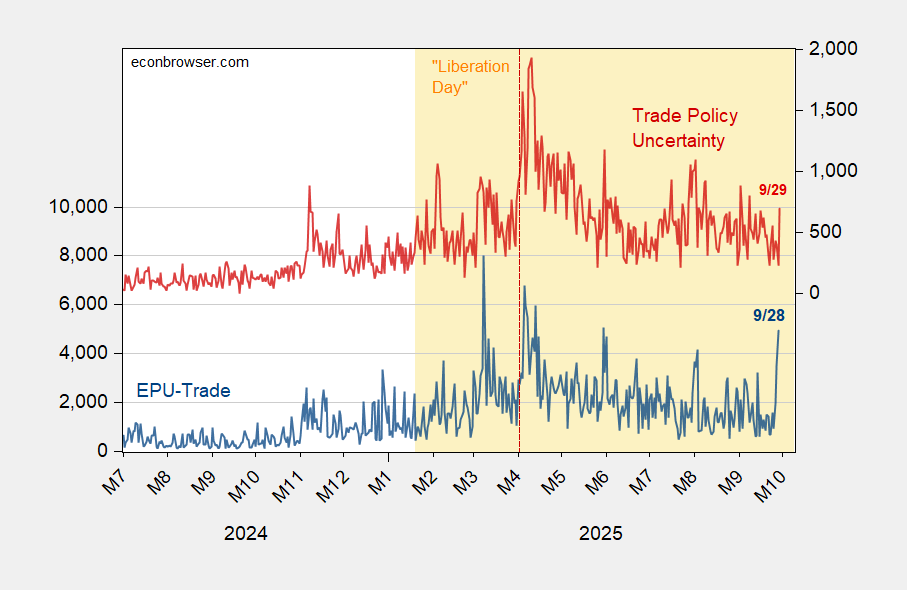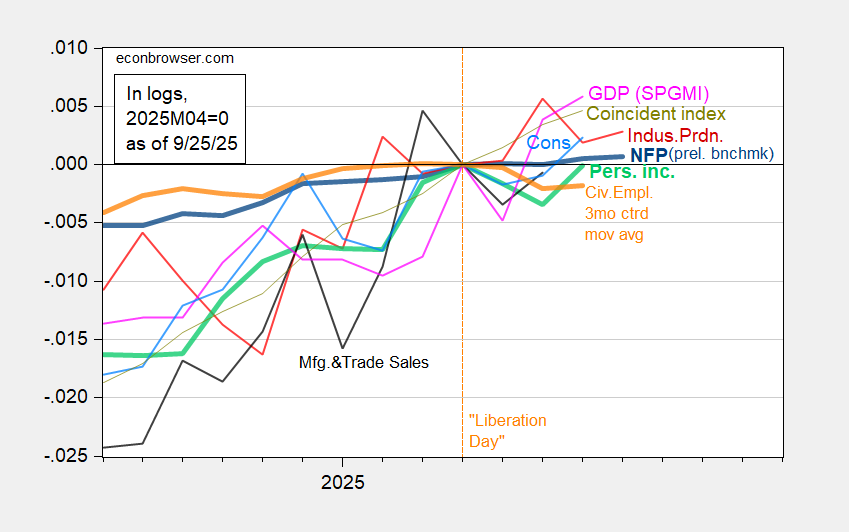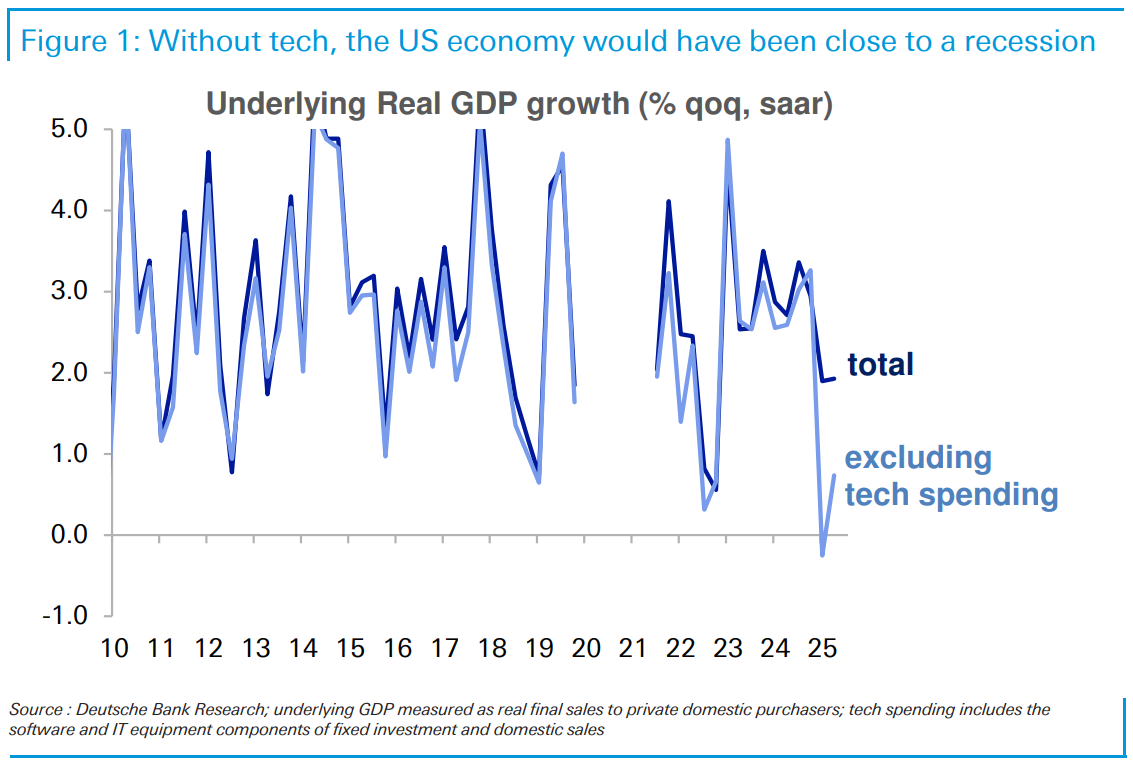
In a recent analysis by economists Baker, Bloom, and Davis, alongside the work of Caldara et al., the ramifications of Section 232 tariffs are coming into sharper focus. These tariffs, which have been applied to a range of goods including bathroom vanities, upholstered furniture, and specific pharmaceuticals, are raising eyebrows and prompting questions about their implications for U.S. economic stability and national security.
The Section 232 tariffs, designed under the guise of protecting national security, have become a point of contention. Critics argue that the connection between bathroom vanities and national security is tenuous at best. Indeed, when it comes to understanding how the production capacity of such household items could be critical to safeguarding the nation, the answers remain elusive. Even the Commerce Department’s Bureau of Industry and Security (BIS) has not provided clarity on this matter.
As we witness the increasing complexity of trade policy, the uncertainty surrounding these tariffs is becoming more pronounced. The data presented by Baker, Bloom, and Davis illustrates a notable rise in trade policy uncertainty, a trend that is echoed by the findings from Caldara et al. Their research highlights that as tariffs on everyday goods proliferate, so too does the unpredictability that businesses face in planning and investment.
This growing uncertainty is not merely an academic concern; it has real-world implications for American consumers and businesses alike. Companies that rely on imported materials or goods are left in a precarious position, unsure of how tariffs will affect their supply chains and pricing structures. As a result, many businesses are faced with the difficult decision of either absorbing higher costs or passing them onto consumers, leading to potential price hikes for everyday items.
Moreover, the interconnected nature of global supply chains means that even a seemingly minor tariff on bathroom vanities can have ripple effects throughout the economy. For instance, furniture manufacturers may struggle to source materials at competitive prices, ultimately impacting their ability to produce and sell their products. This situation raises critical questions about the long-term sustainability of such trade policies and their alignment with the broader interests of American workers and consumers.
Supporters of these tariffs argue that they are necessary to protect domestic industries from unfair foreign competition. However, critics contend that the use of national security as a justification for these measures is a slippery slope. If everyday consumer goods can be tied to national security concerns, what other industries may find themselves subject to similar tariffs under the same reasoning? This lack of clarity opens the door to potential overreach and misapplication of trade policies.
As the debate over these tariffs continues, it is crucial for policymakers to consider the broader implications of their actions. While protecting domestic industries is vital, it should not come at the expense of consumer welfare or economic stability. A balanced approach that takes into account the needs of businesses, consumers, and the overall economy is essential for fostering a healthy trade environment.
In light of this uncertainty, it is clear that a reevaluation of trade policy is needed. Policymakers must be transparent about the rationale behind tariffs and work to ensure that their actions do not inadvertently harm American workers and families. As the landscape of international trade evolves, so too must our approach to crafting policies that are fair, equitable, and grounded in sound economic principles.
In the wake of these developments, it is imperative for the public and stakeholders alike to remain vigilant and engaged in discussions surrounding trade policy. The potential consequences of these tariffs extend beyond economics; they touch upon the very fabric of American society and the principles of fairness and justice that underpin it.
As we navigate this complex terrain, the need for informed discourse and thoughtful policymaking has never been more critical. The future of American trade policy—and indeed, the well-being of countless families and businesses—depends on it.


